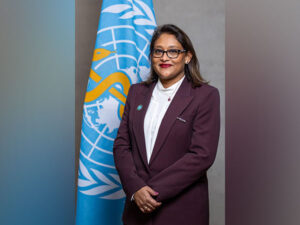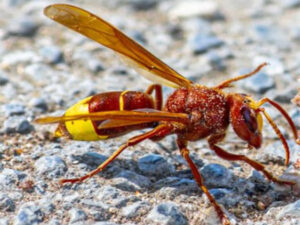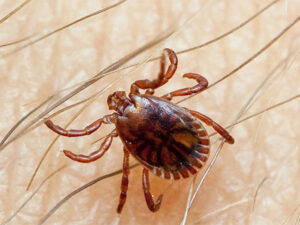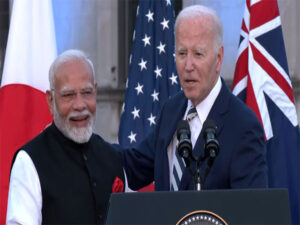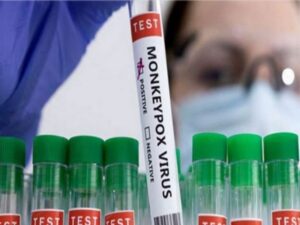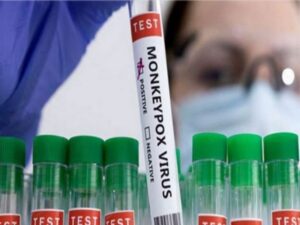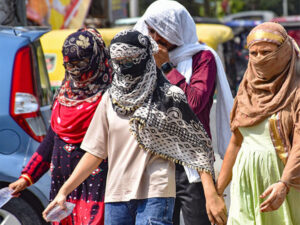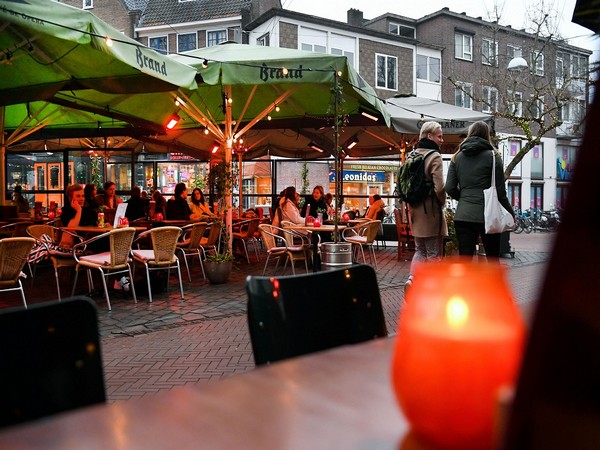
Visitors are seen outside a bar which opened again after an announcement by the government about the latest changes to Dutch COVID-19 measures in Nijmegen, Netherlands January 26, 2022. REUTERS/Piroschka van de Wouw - RC237S9TMGCT
The Hague [Netherlands], February 16 (ANI/Xinhua): Dutch Minister of Health, Welfare and Sport Ernst Kuipers on Tuesday announced a “return to normal” in the Netherlands by lifting most measures against the spread of COVID-19. “The country will open again,” Kuipers told a press conference in the Hague. “The past two years have been all about protection against the virus and the accessibility of care. We are now in a different phase. Back to normal.”
Earlier on Tuesday, the National Institute for Public Health and the Environment (RIVM) announced that from February 7 to 13, the number of people in the Netherlands who tested positive for COVID-19 decreased by 22 per cent compared to the week before. A total of 482,695 positive tests were reported to the RIVM. Meanwhile, a total of 1,149 new patients were hospitalized, compared to 1,393 the week before. Of these, 88 were admitted to ICU, compared to 122 in the previous week.
“A lot of people are infected, but we seem to have passed the peak,” Kuipers said. “Hospital occupancy is completely different compared to the past two years.”
The lifting of COVID-19 measures in the Netherlands will take place in three phases. The government’s advice not to receive more than four people at home, and to work from home where possible, will expire with immediate effect. Next, from Friday, all locations in the country will once more be able to open until 1 am.
Finally, from February 25, normal opening hours will apply again at every location, and nightclubs will be able to open as normal. In addition, the requirement for a corona entry pass will be removed at places with a capacity of less than 500. The mandatory social distancing of 1.5 meters and the obligation to wear a face mask when moving around in restaurants and schools will also disappear.
Nonetheless, a few measures will remain in place. A negative test result must be shown in order to enter inside venues with a capacity of more than 500 people. It will also remain mandatory to wear a face mask on public transport and at airports so that vulnerable travelers will continue to be protected. (ANI/Xinhua)






